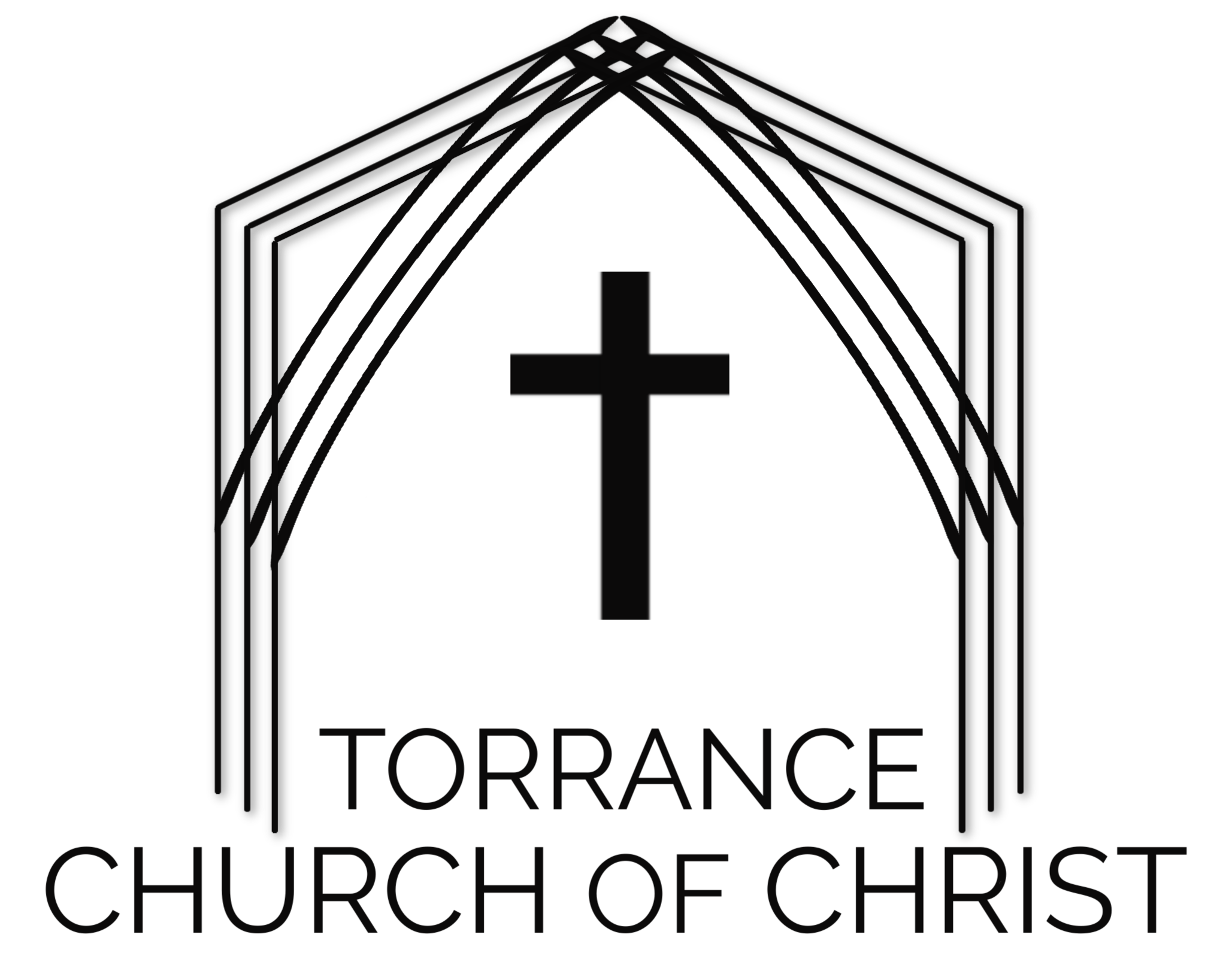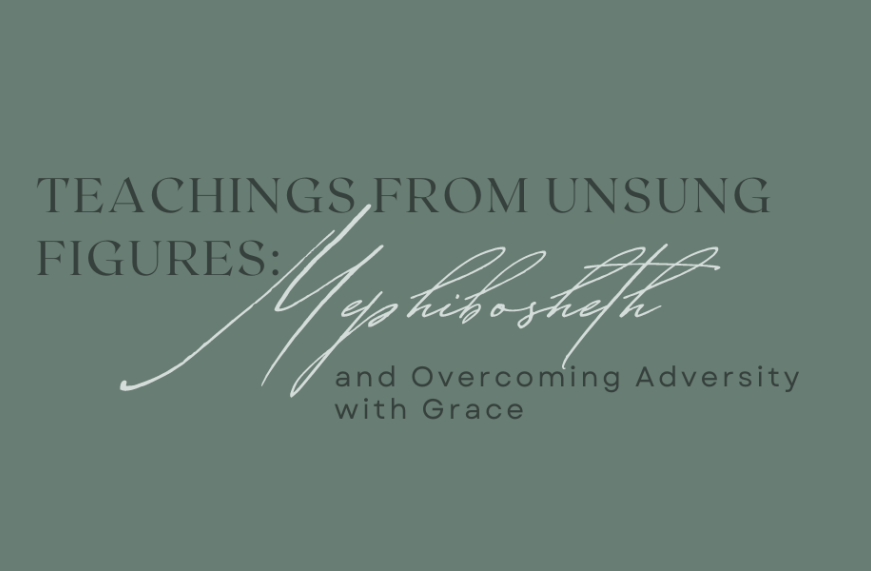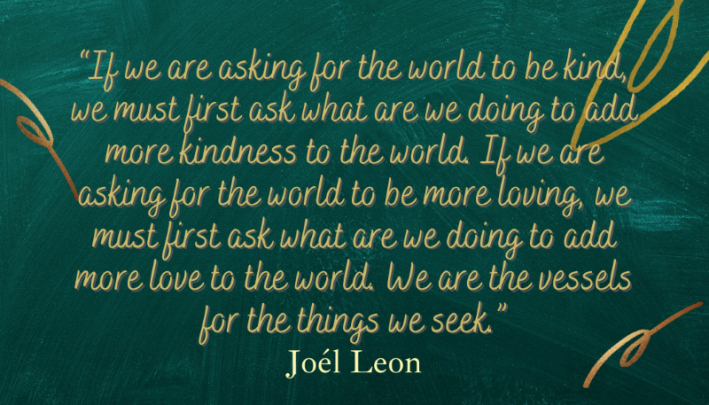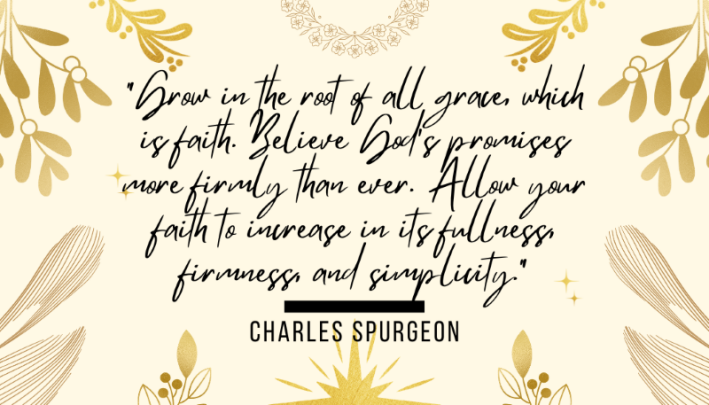Teachings from Unsung Figures: Jael & Boldness in Faith
Throughout the Bible, hidden among the spectacular stories of kings and prophets, there lies an underappreciated, yet extraordinary tale of boldness. Though her name may not echo as loudly as others, Jael’s actions demonstrate a courage that reveals an inspiring trust in sublime guidance.
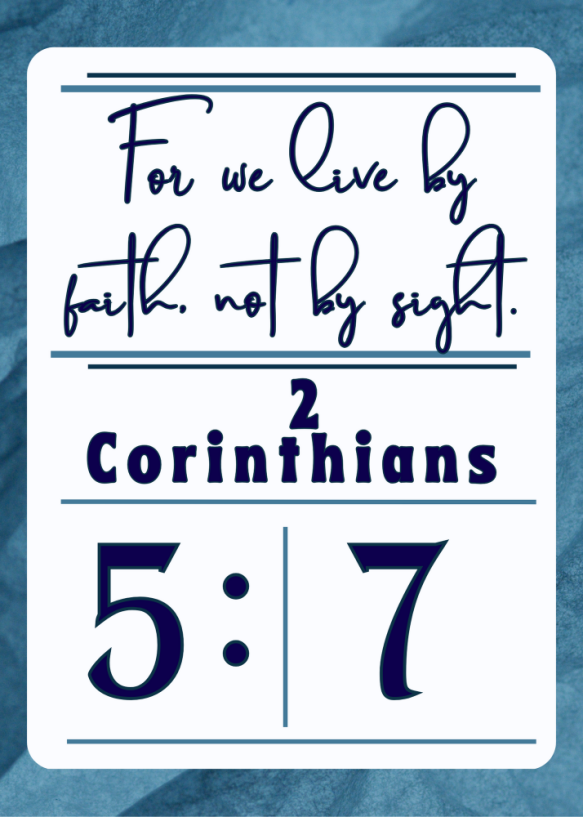
How It All Went Down
Pronounced with cycles of disobedience and deliverance, Jael’s story unfolds during the stormy era of the Judges, in the ancient Palestinian region of Canaan. Canaan had diverse landscapes ranging from fertile valleys to rugged mountains. It was a land rich in resources, with vineyards, olive groves, and fields of grain scattered across the countryside. With all its beauty and natural reserves, it is no wonder that various tribes, including the nomadic Kenites, settled in the area. Despite the overflowing abundance, during the disquieting vicennium of the Canaanites' oppressive reign over the Israelites, Canaan’s atmosphere was formidable, pregnant with conflict and instability. A champion for King Jabin’s brutal dominance, the ruthless Canaanite military commander, Sisera, made it his mission to instill fear and uncertainty into the hearts of God’s chosen.
The callous inhumanity the Israelites had suffered over the two decades was too much to bear, so they turned to God for help. God responded, setting in motion the dawn of deliverance. Aware of what had to be done, the prophetess Deborah instructed the Israelite military leader, Barak, to gather troops in preparation for battle. Relectulant, Barak offered an ultimatum, agreeing to go only if Deborah herself would accompany him. Deborah accepted Barak’s terms with a warning. She explained to Barak that his unease had changed the course; the honor of executing their tormentor would no longer be his. Instead, God would deliver Sisera into the hands of a woman.
The battle itself was short-lived as the Canaanite soldiers fell one by one. Quickly realizing he was the sole survivor, Sisera fled by foot. He sought refuge at the tent of a woman, as It was known that this woman’s husband, Herber the Kenite, had friendly relations with the King. Offering a safe space for the weary commander to recoup, the woman, Jael, welcomed Sisera into her home; where she cared for him. As he lay to rest, Jael reached for a nearby hammer and tent peg before aptly pounding the peg through the unsuspecting tyrant’s skull; thus ending the reign of terror.
Jael’s Overarching Impression+Application

Emerging as an unexpected hero, Jael’s story challenges us to embrace a posture of bold faith and resolute trust in God's providence. Deeply aware of His presence, within the confines of her tent, Jael recognized the opportunity God laid out before her, relied on her ingenuity and the resources available to her—a tent peg and a hammer— willingly trusted God to lead her, and boldly executed decisive action that ensured liberation from the oppressive Canaanite regime.
Just as Jael used her resourcefulness and courage, you are called to be bold and innovative in your service to God. Take a moment and consider how you can use your unique gifts and talents to glorify God and further His kingdom. Whether it's through acts of kindness and compassion, sharing the message of salvation with others, or standing up for justice and righteousness in our communities, you can follow Jael's example by trusting in God's guidance, allowing yourself to become His vessel, to make a positive impact in the world.
The Final Verdict

Through her example, Jael reminds us that courage is not the absence of fear but the triumph over it, and that true power lies in the conviction to act boldly in service of what is right. Like Jael, we are called to be vigilant and discerning, ready to recognize the opportunities that God places before us, and to act boldly in accordance with His will. By drawing upon the resources and abilities that God has given us, we can confront the challenges and obstacles in our lives with confidence, knowing that God is with us every step of the way. Therefore, let us walk forward in faith, knowing that with God's strength and empowerment, we too can be bold witnesses for Him; remembering always that our willingness to trust in Him can lead to remarkable outcomes beyond what we could ever imagine.
-Torrance Church of Christ
